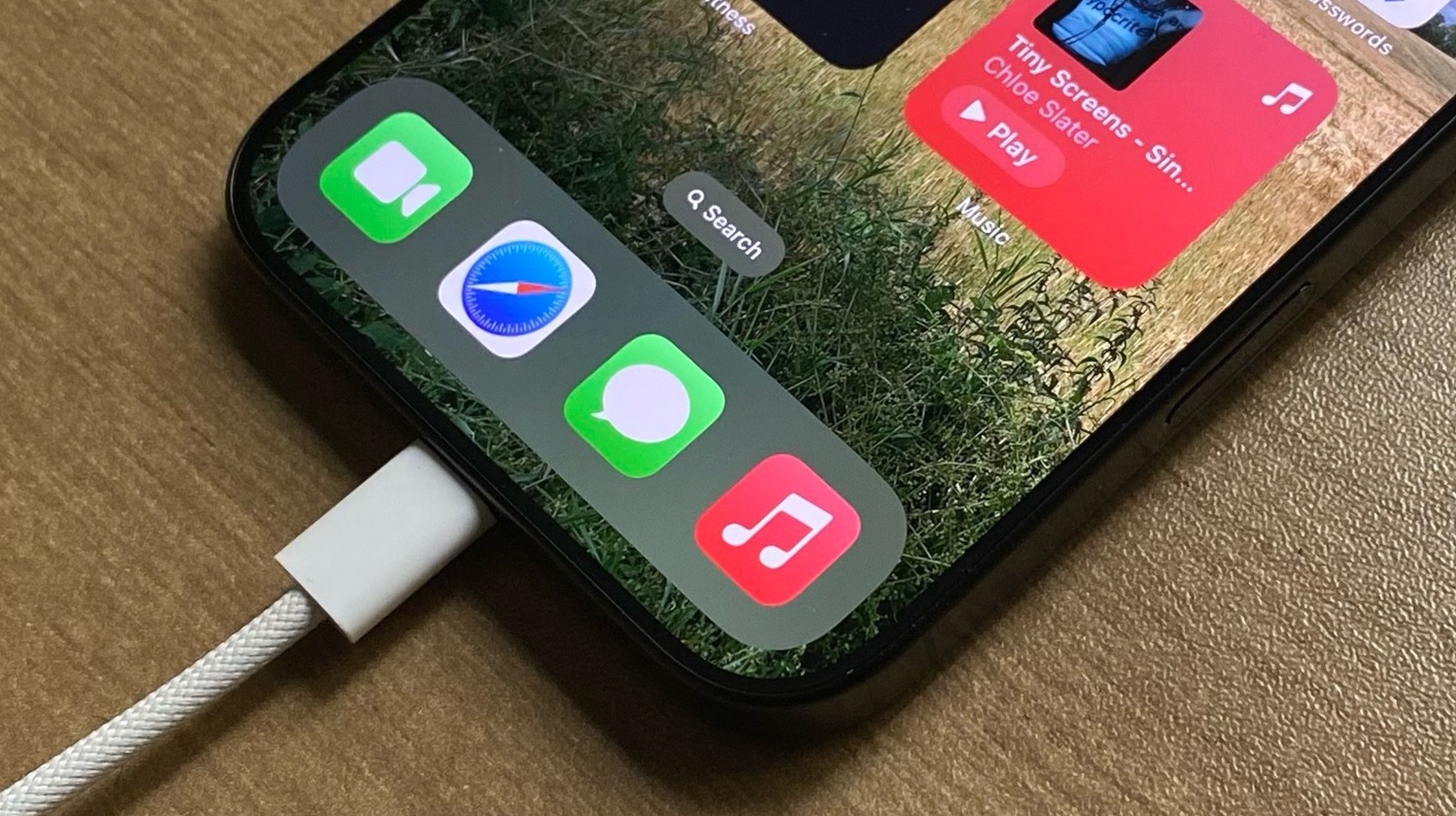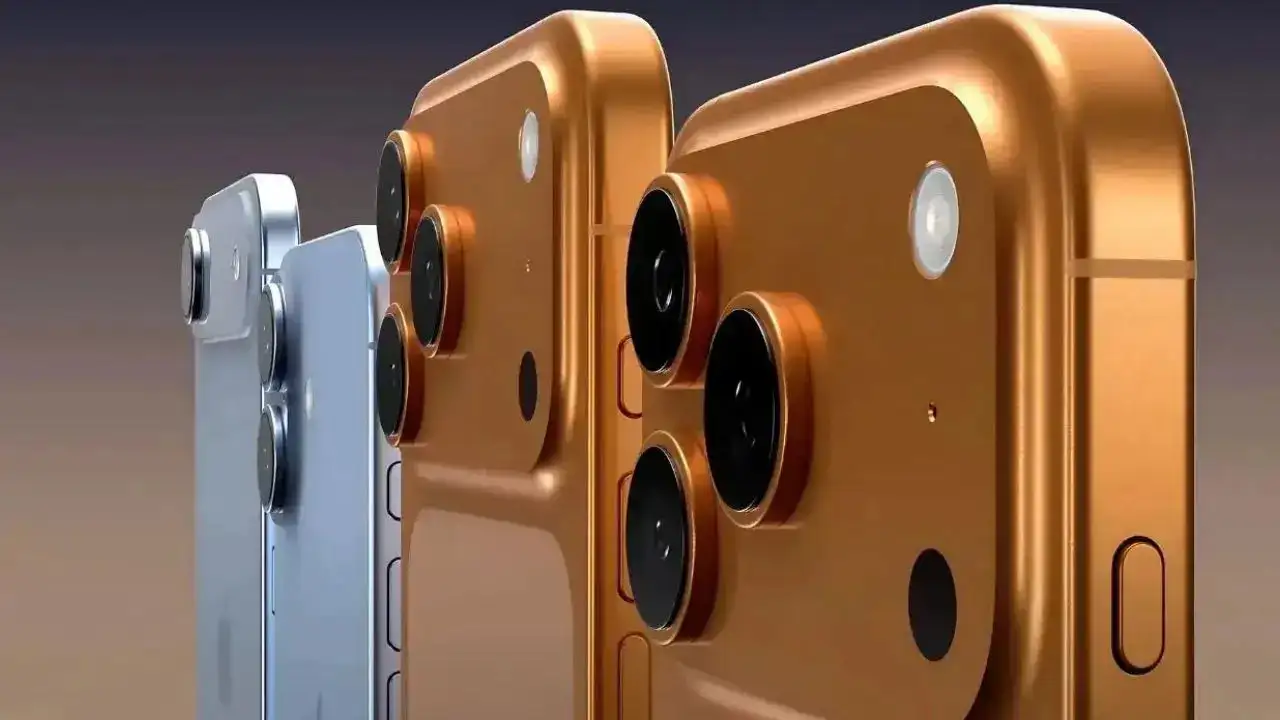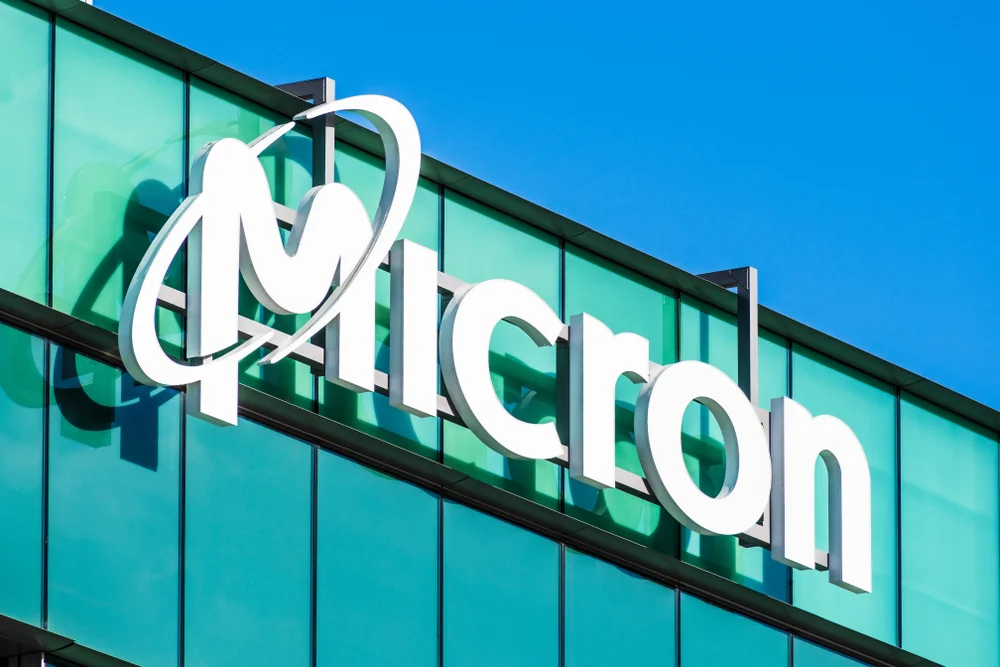
Earlier this year, Apple released the iPhone 16e with its new C1 5G modem. While tests revealed that it wasn’t quite as capable as Qualcomm’s counterpart for the iPhone 16 and iPhone 16 Pro models, it was an important step forward for Apple as the company continues to build its own components and improve the integration between its hardware and software.
With the iPhone 17 release, the company decided to upgrade this modem with a C1X variant, specifically for the iPhone Air. Apple says the C1X modem is up to 2x faster than C1, and can be faster than the modem in the iPhone 16 Pro while using the same cellular technologies. More importantly, the company claims that it’s the most power efficient 5G modem on an iPhone.
However, while these technologies are key to preserving battery life on the iPhone Air, the company still chose to use Qualcomm’s latest 5G modem on the iPhone 17 Pro and iPhone 17 Pro Max. In an interview with CNBC, Apple VP of Software Technologies and Ecosystems Arun Mathias addressed the absence of its homegrown modem on the higher-end iPhone 17 models.
“Well, we were really focused on what we needed for iPhone Air,” Mathias said in response to questions about the modem missing in the other models. “We have great products with iPhone 17 and iPhone 17 Pro as well. And over time, we will see Apple cellular solutions in more products.”
According to Mathias, Apple plans to offer modems in more of its products in the years to come. While this is a vague hint at an iPhone and other products with the company’s 5G modems, there are already rumors pointing to the iPhone 18 Pro featuring an improved custom 5G chip.
In March, analyst Jeff Pu said Apple is developing a C2 chip with mmWave technology while also making the experience more reliable with better power efficiency. The analyst also expects Apple to continue to improve its Wi-Fi, Bluetooth, and Thread chip, which we now know as the N1.
Alongside Pu’s note, Bloomberg’s Mark Gurman said Apple was already working on a new modem to power the iPhone 18 models with download speeds of 6 gigabits per second, six-carrier aggregation when using Sub-6 5G, and eight-carrier aggregation when using mmWave. That said, all signs now point to next year’s iPhone 18 models featuring the company’s C2 chip instead of Qualcomm’s technologies.



